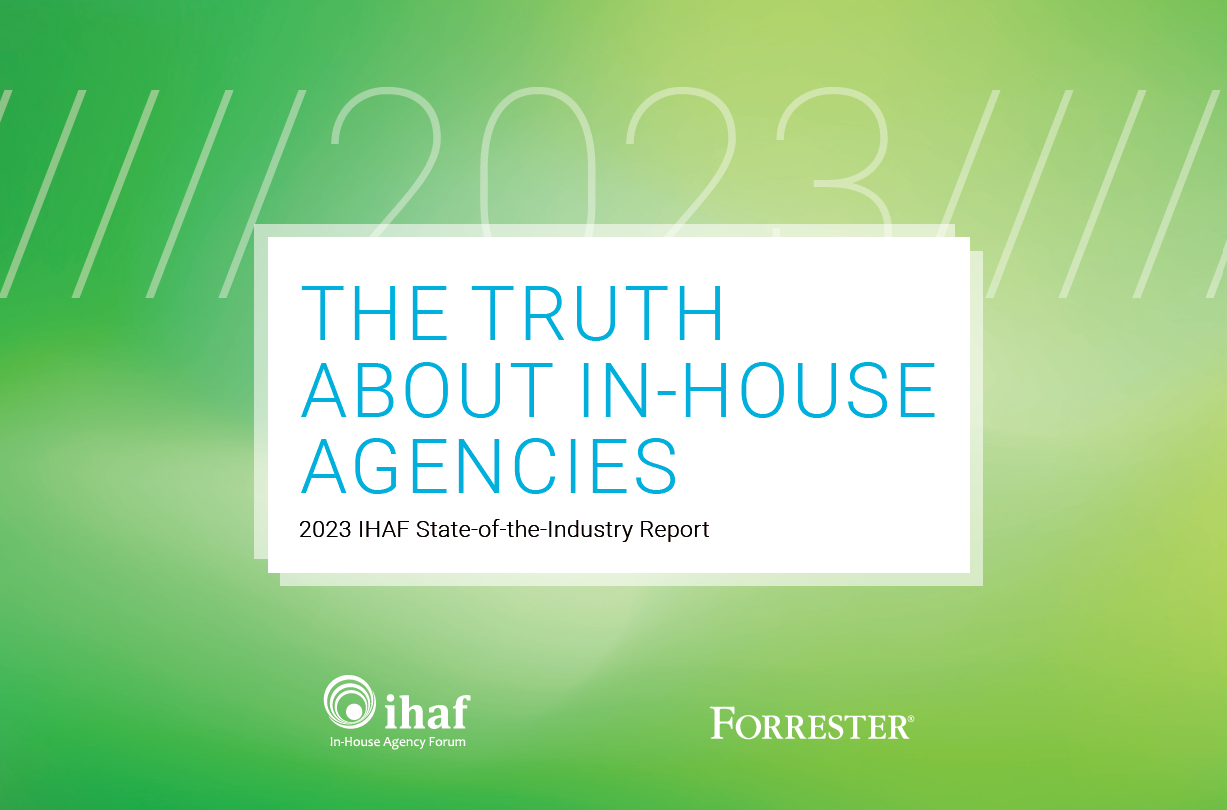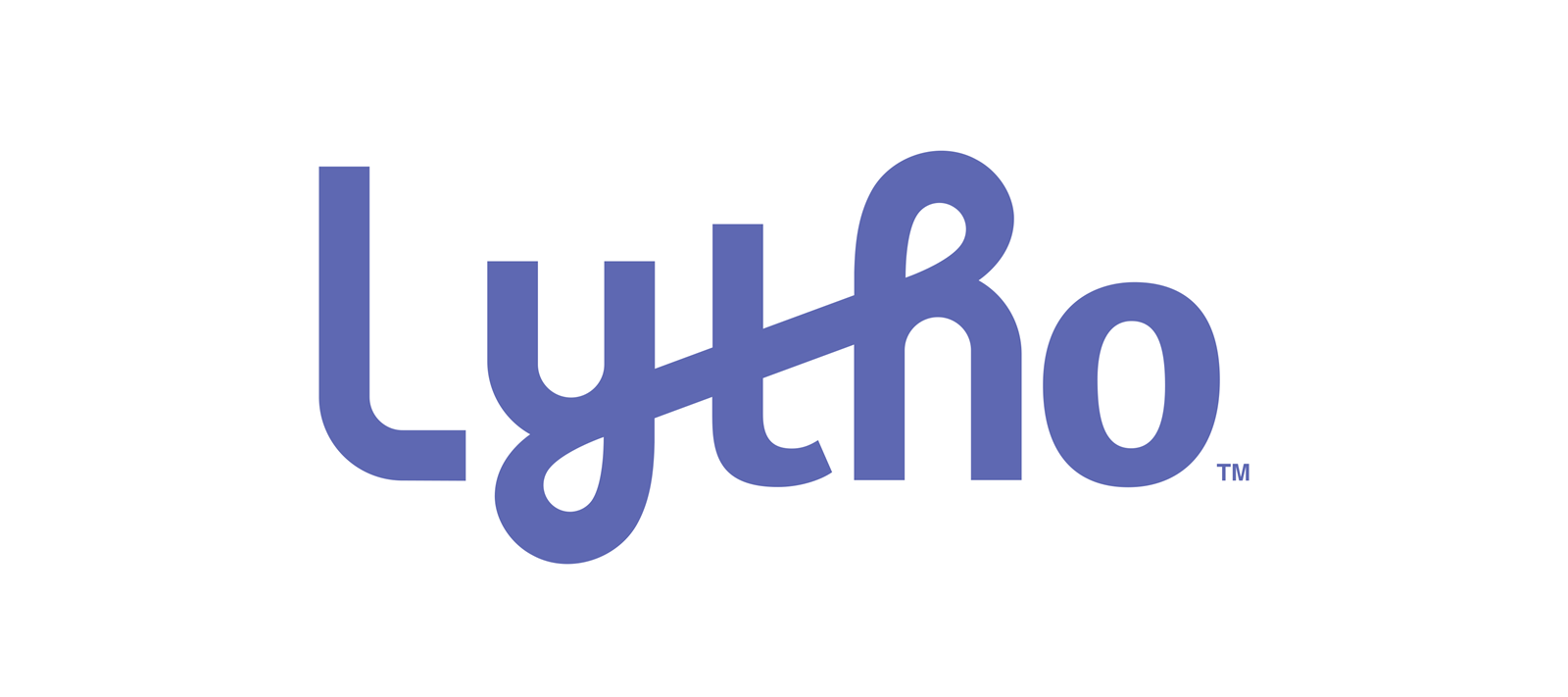Skills & Tools for Managing Technology

By now, most in-house agencies have looked for ways to leverage workflow and DAM systems to help them run more efficiently. Many are even on their second- or third-generation solutions. At the same time, others could benefit from taking a step back and thinking more-broadly about how these tools might better support their companies by connecting them to internal customers and the company’s downstream content. Specific skills and experience are needed however, in order to do this right—including a combination of soft and technical skills.
Process, technology and communications channels are converging, and in-house agencies are at the center of it. As a result, the technology in-house agencies are using can no longer stay within the four walls of the agency. Workflow, DAM and other systems need to bridge with upstream and downstream systems, as well as external content management and vendor systems.
In turn, technology leaders are confronted by managerial and relationship challenges needed to plan and implement technology, coming from all directions around the company. The best tech leaders build consensus diplomatically across peer groups and with internal customers to unify historically silo’ed systems and opposing approaches to work.
Successful agency technology managers are often those who have amassed the perfect-storm technical experience with diversity in terms of industries and roles. Those who have spent time in design, production, development, account management, and IT (yes IT), who also have the vision of an architect and smooth subtleties of a congressional whip, are able to build consensus well.
In addition to soft, interpersonal skills, agency technology leaders will likely need to surround themselves with more specialized functions, which could include:
Agency Workflow Manager—accountable for designing and automating processes
Digital Librarian—accountable for defining content standards and ensuring assets are tagged and stored properly
Technology Portfolio Manager—accountable for managing the relationship comprised within the technology stack at larger firms
Reporting Analyst—accountable for defining KPIs and integrating data for visibility by management
How is such technology planned and managed? Marketing and agency technology has come a long way in the last two to three years. Workflow and project management systems are easier and faster to implement, and DAM and content management solutions are well represented in most companies.
Unfortunately, the progress made through the implementation of software has led to some in-house agency and marketing technology managers cutting corners and moving away from well-tested implementation methodologies resulting in insufficient attention to process.
Optimal technology management incorporates:
Well-tested technology planning and management tools, including program management, prioritization of requirements, and solution architecture and roadmaps. If marketing is part of the scope, capability blueprinting should also be on the table.
Steering teams that are chaired by the agency’s technology leader, with representation from all agency teams and agency customers. The steering team will define the long-term vision for agency technology, define a roadmap to achieve the vision and be accountable to deliver the roadmap.
Connectivity with the enterprise. If it’s not a priority now, it will be in the near furture. Ensure that your architecture, integration, hierarchies, and taxonomies line up with adjacent systems, even if only on paper for now. Doing so will avoid costly rework.
Acknowledgement that you will not have one big implementation (in all likelihood), with multiple phases required to fulfill all requirements and users expecting enhancements to functionality to be implemented in real time. A solid roadmap must be communicated broadly in order to manage expectations—and a support infrastructure must be established (in-sourced or outsourced) prior to go live.
In-house agency and software vendor relationships with good fences make for good neighbors. Separating from vendors can be quite painful, so make sure terms are comprehensive and favorable for the long term.
Good technology leaders are out there—special people with the right skills and perfect-storm experience to thoughtfully enable the type of technology in-house agencies need. These are the people who can help your team achieve the efficiency, visibility and enterprise connectivity benefits you seek.
Eric Rotkow is Managing Director of Zee Jay Digital. Zee Jay Digital is focused on addressing the industry's challenge to use technology to change creative services and marketing for the better, providing in-house agency optimization services for over a decade.
Recent Posts

In-House Data: Fact or Fiction?
October 16, 2023
I’m going to be honest with you, which I always am but this time it’s scary honesty. There are a lot of in-house agency research reports out there. And not all of them contain data that are close to the integrity of the studies IHAF publishes—the next of which drops at the IHAF conference on …

IHAF Wrapped
December 20, 2023
One of our favorite things to do at year-end is look back at the events, presentations, and online resources our members tapped most. (Why should Spotify have all the fun?) Here are a few of your favorites in 2023:
• New Assortment of Org Charts Download • Updated Job Profiles …



















%20(1).pdf%20-%20Copy.jpg)

%20(1).png)


No Reader Comments